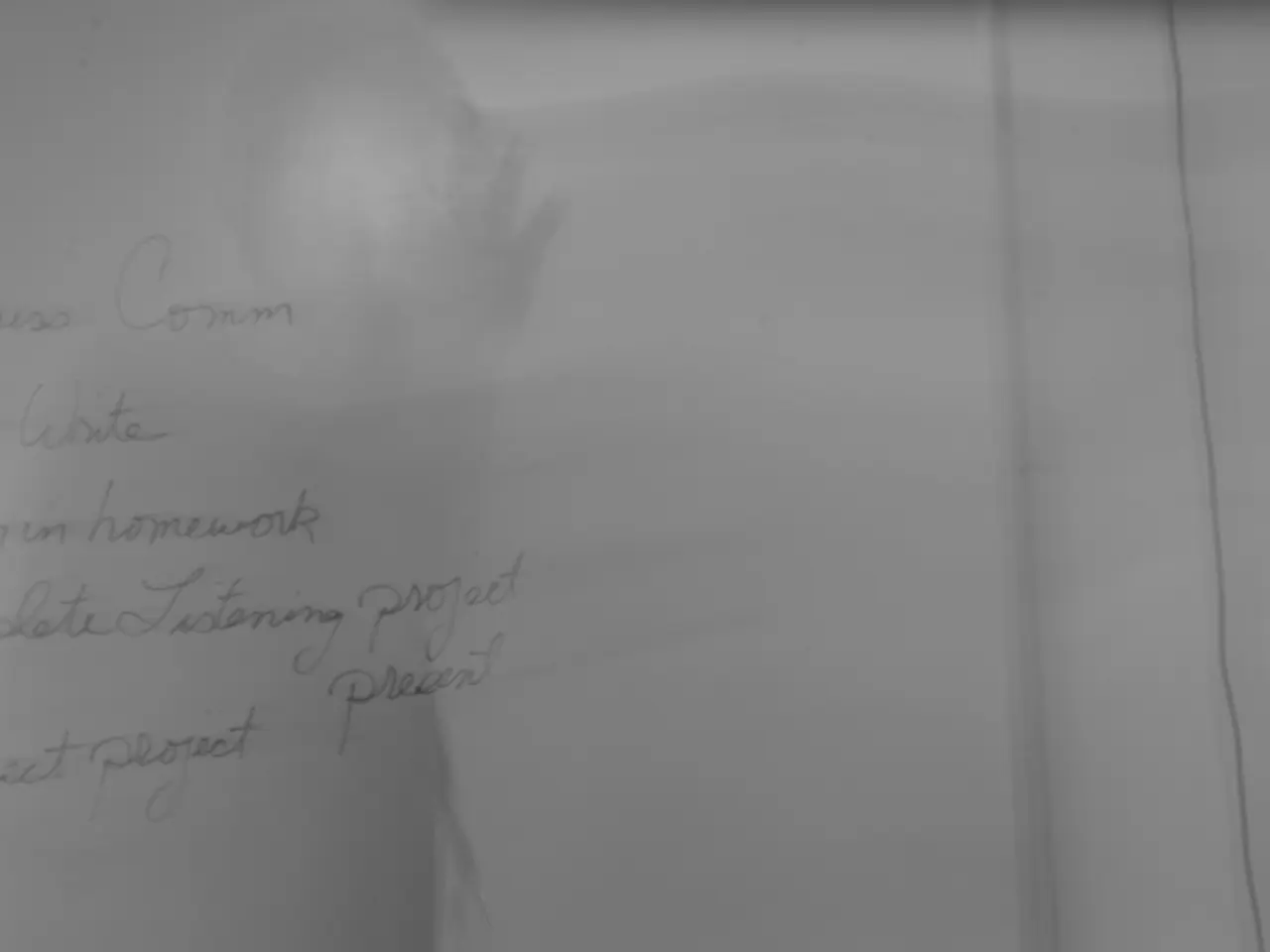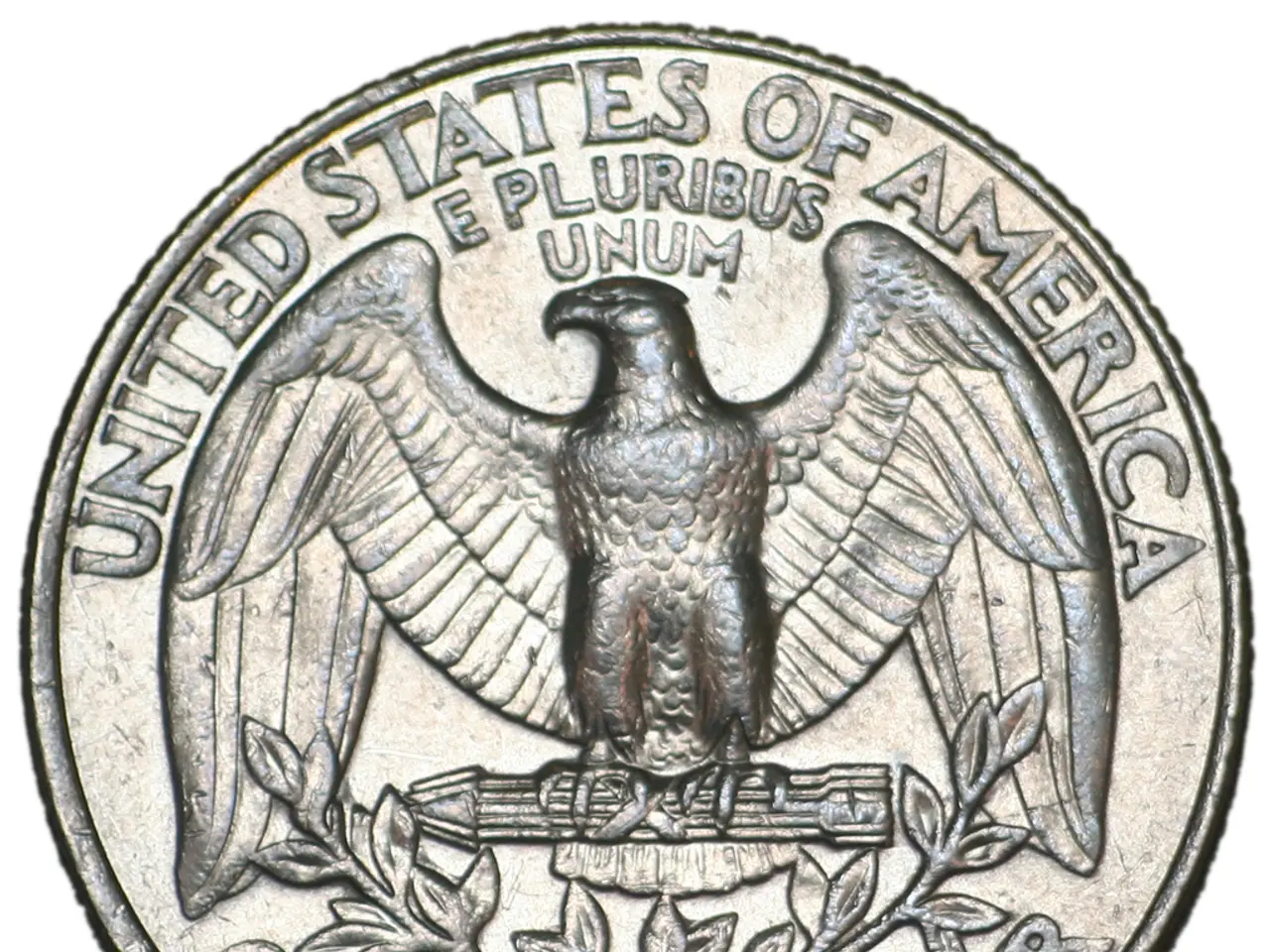Vitalik's Gas Fee Limit Proposal: Could It Attract More Participants to Shibarium?
Ethereum's proposed EIP-7983 introduces a hard cap on the maximum gas a single transaction can consume, set at 16.77 million units. This measure aims to improve network security by preventing any single transaction from clogging blocks with excessive gas usage, thus promoting a more even distribution of gas consumption across blocks.
The potential impact of this gas cap includes improved network stability and security, simplified transaction cost estimations for users, and a possible limitation on high-gas transactions that some complex operations or dApps require, potentially affecting user experience for these use cases.
As for the potential impact on user migration, Shibarium, a sidechain built to offer lower gas fees and faster transactions compared to Ethereum’s mainnet, may attract users and developers looking to avoid Ethereum’s capped gas costs and potential priorities. If Ethereum’s gas cap leads to more limited throughput for complex, gas-heavy transactions or perceived constraints, some users—especially those prioritizing cost-effectiveness and transaction speed—may look for alternatives.
In summary, EIP-7983's gas cap improves Ethereum's security and transaction predictability but might limit certain transaction types, motivating users seeking cheaper or faster options to migrate to solutions like Shibarium.
It's important to note that Ethereum co-founder Vitalik Buterin has introduced EIP-7983, a proposal to implement a protocol-level gas cap on individual transaction usage. Additionally, the gas cap operates independently of the total block gas limit, which remains adjustable by miners and validators. The proposed gas cap under EIP-7983 is set at 16.77 million units.
Meanwhile, Shibarium offers significantly lower gas fees and scalable infrastructure optimized for the Shiba Inu ecosystem. New Shib Rollups have been introduced, enabling custom blockchains on Shibarium.
The Ethereum Foundation has faced criticism, with a developer alleging the existence of a 'secret team'. However, the Foundation has set new treasury rules ahead of critical 18 months.
For those interested in learning more about the Shiba Inu cryptocurrency project, The Shib Magazine and The Shib Daily are the official media and publications.
Some developers and users who rely on high-throughput transactions might find the proposed gas cap frustrating. Larger, more complex dApps and protocols may seek more flexible alternatives due to Ethereum’s strict per-transaction ceiling.
Buterin emphasized the importance of strengthening Ethereum's resilience and privacy features in a statement made in late May. EIP-7983 aims to improve Ethereum’s security, stability, and compatibility with zero-knowledge virtual machines (zkVMs). Under the new specification, any transaction exceeding the 16.77 million gas cap would be automatically rejected during block validation.
The implementation of EIP-7983's gas cap in Ethereum promises enhanced network security and stability, but some complex dApps might find the per-transaction ceiling limiting, potentially encouraging them to explore more flexible alternatives. On the other hand, Shibarium, with its lower gas fees and scalable infrastructure, leverages blockchain technology in conjunction with magazine publications like The Shib Magazine to attract developers and users seeking cost-effective and high-throughput solutions.




